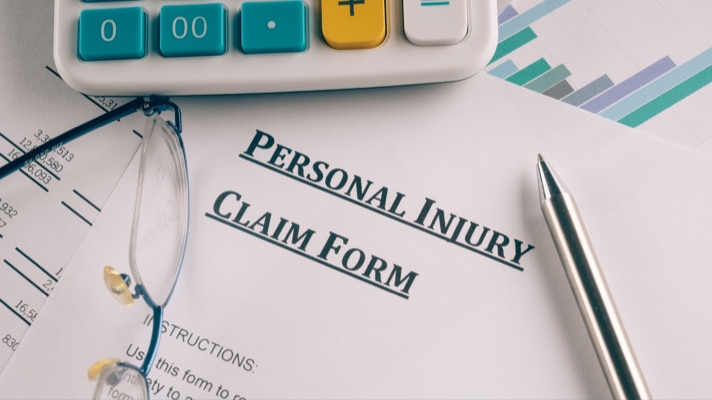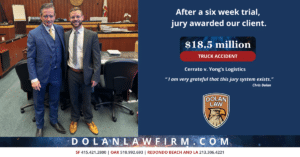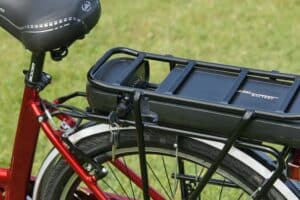Written By: Chris Dolan and Kim Levy
Proposition 213, passed by California voters in 1996, is a major legal reform that significantly impacts personal injury claims and the ability of certain individuals to recover damages after a car accident. This law was introduced as part of California’s Tort Reform movement, aiming to reduce frivolous lawsuits and lower auto insurance rates. Proposition 213 specifically limits the ability of uninsured drivers to recover certain damages after motor vehicle accidents.
What Does Proposition 213 Do?
Under Proposition 213, if an individual is involved in a car accident and is uninsured at the time of the crash, they are restricted in the types of damages they can claim from the at-fault driver. Specifically, Proposition 213 prevents individuals from recovering non-economic damages, such as pain and suffering, emotional distress, and loss of consortium when they are not carrying the required insurance under California law.
The main goal of Proposition 213 was to discourage driving without insurance by limiting financial recovery options. It reduces the chances of uninsured drivers receiving large settlements or awards in personal injury lawsuits.
How Proposition 213 Impacts Personal Injury Claims in California
The biggest impact of Proposition 213 is seen in*personal injury cases involving uninsured motorists. In California, all drivers are legally required to carry a minimum amount of auto insurance coverage ($30,000 per person/$60,000 per accident). However, despite the mandatory insurance law, many drivers still operate without coverage.
When an uninsured driver is injured in a car crash, they are barred from recovering non-economic damages — which often make up a substantial part of a personal injury settlement. This restriction can significantly reduce the total compensation available to the injured party.
Exceptions to Proposition 213
While Proposition 213 imposes strict limitations, there are several key exceptions where uninsured drivers can still recover non-economic damages:
- Drunk Driving Accidents: If the at-fault driver was under the influence of alcohol or drugs (violating California Vehicle Code Sections 23152 or 23153) and is convicted, the uninsured victim may still recover non-economic damages. (Nakamura v. Superior Court, 2000)
- Wrongful Death Cases: If an uninsured driver dies, their heirs can pursue non-economic damages in a wrongful death lawsuit. (Horwich v. Superior Court, 1999)
- Product Liability Claims: Proposition 213 does not apply if an uninsured motorist suffers injuries due to a vehicle defect. (Hodges v. Superior Court, 1999)
- Premises Liability Claims: Injuries that occur on private property (such as parking lots or private roads) are not subject to Proposition 213 limitations. (Allen v. Sully-Miller Contracting Co., 2002)
- Employee Driving Employer’s Vehicle: An employee injured while driving an uninsured company vehicle can still pursue non-economic damages. (Montes v. Gibbens, 1999)
- Permissive Users: A driver who is authorized under someone else’s insurance policy (a permissive user) is not barred from recovering full damages. (Landeros v. Torres, 2012)
Additional exceptions include passengers in uninsured vehicles and accidents that occur on private property.
Conclusion
Proposition 213 has drastically changed how personal injury damages are awarded in California, especially for uninsured drivers. It restricts the ability to collect non-economic damages like pain and suffering compensation, which can significantly impact the value of a personal injury claim. However, exceptions exist, including cases involving drunk driving accidents, wrongful death lawsuits, and product liability injuries.
Understanding how Proposition 213 affects your case is essential if you’ve been injured in a California car accident. Working with an experienced California personal injury lawyer can help you determine your rights and maximize the compensation available to you.
If you were injured in a California car accident and want to understand your rights under Proposition 213, our experienced Car Accidents Personal Injury Lawyers can help you fight for the compensation you deserve.










